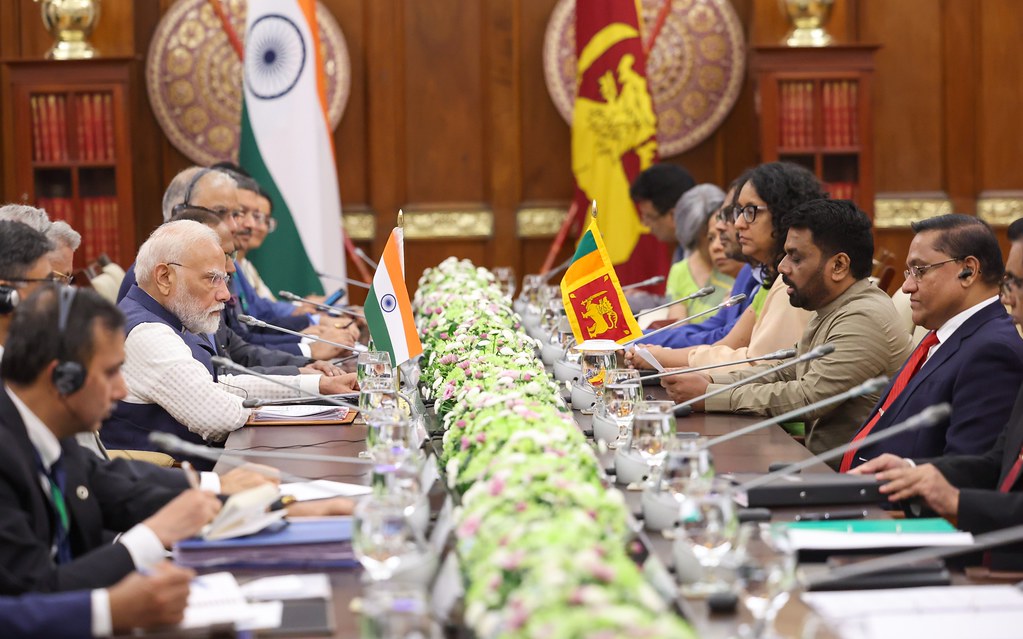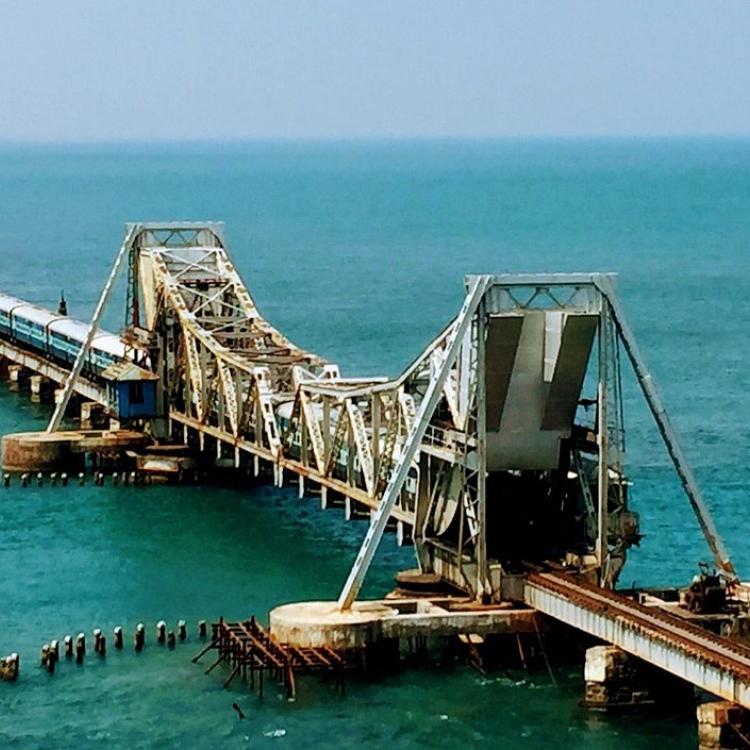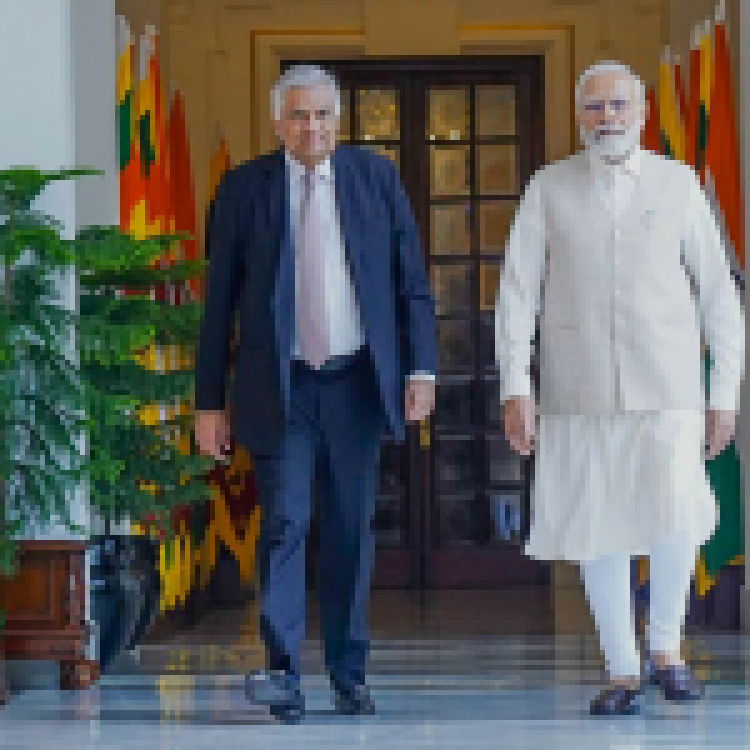 Sri Lanka has chosen not to proceed with a proposed land connectivity project with India at this time, despite Indian Prime Minister Narendra Modi referring to the initiative during recent bilateral discussions during his three-day visit, reported by the Daily Mirror on Friday.
Sri Lanka has chosen not to proceed with a proposed land connectivity project with India at this time, despite Indian Prime Minister Narendra Modi referring to the initiative during recent bilateral discussions during his three-day visit, reported by the Daily Mirror on Friday.
The concept of a land bridge linking the two countries was first proposed during the 2002–2004 premiership of Ranil Wickremesinghe. The proposal regained attention in 2023, when Wickremesinghe—now President—visited New Delhi. At the time, land connectivity was briefly mentioned in a joint statement, suggesting a possible revival of the idea.
However, during Sri Lankan President Anura Kumara Dissanayake's visit to New Delhi in December 2024, Sri Lanka reportedly opted not to advance the project. As a result, the land bridge proposal was excluded from the formal agenda during Modi's most recent visit to the island.
Despite this, Prime Minister Modi reportedly referred to land connectivity during bilateral discussions, alongside the Indo-Lanka electricity grid project and a proposed 120-megawatt solar venture in Trincomalee.
As he departed Sri Lanka, Modi also observed the Ram Setu from an Indian Air Force helicopter—a symbolically charged move that underscored the cultural and religious significance of the formation, which some believe once physically linked India and the island of Sri Lanka.
The decision to pause the initiative appears to reflect current political sensitivities in Colombo, amid concerns that such infrastructure could entrench dependency on India and limit Sri Lanka’s autonomy. While the topic remains a recurring feature of India-Sri Lanka relations, its implementation continues to face hesitation from within the Sri Lankan establishment. Tamils in the North-East, meanwhile, on the whole welcome direct connections to India. Recent such connections include air links between Chennai and Trichy to Jaffna and a ferry route between Nagapattinam in India and Kankesanthurai.


